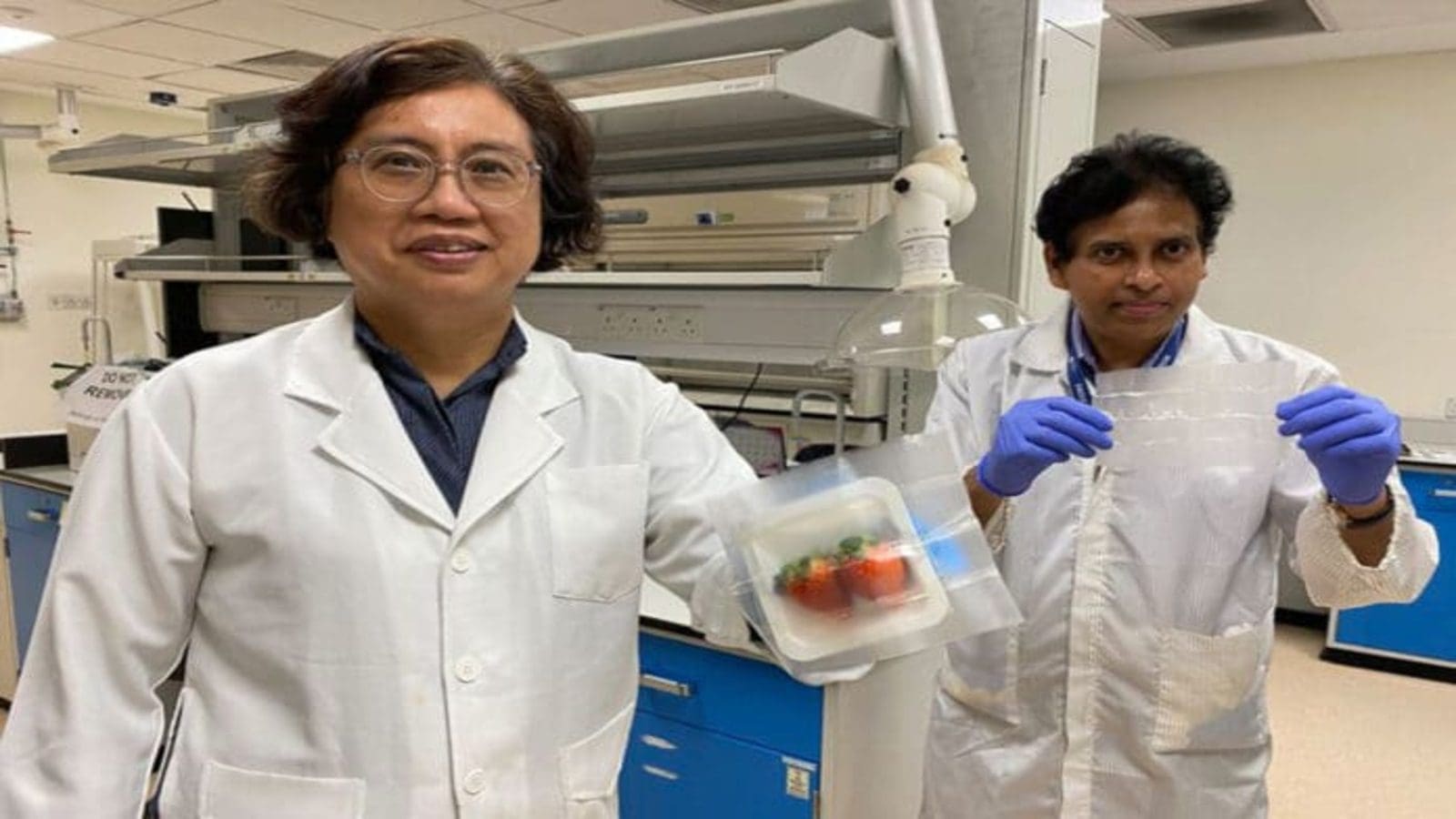TANZANIA – The Tanzanian parliament has given a nod to the East African Sanitary and Phytosanitary Protocol (SPS) 2013, a move that will improve access to a wider selection of safe food and create regulations for dealing with aflatoxins, which pose a risk to human and animal health.
The EAC SPS protocol was developed in accordance with Article 151 of the EAC Treaty, which obliges the partner states to harmonize sanitary and phytosanitary measures for pest and disease control. Tanzania has stalled ratification of the protocol by eight years.
Agriculture Minister Prof. Adolf Mkenda said that ratification of the protocol would boost trade between Tanzania and other East African countries and ensure the safety of food, plants and animals. He added that its implementation will fast-track the growth of the EAC zone, especially in the agricultural sector.
“We expect the protocol to stimulate trade in food crops between partner countries and increase business opportunities as Tanzania’s products will have easy access to EAC markets. The approved protocol aims to harmonize the inspection procedures and certification systems for entry and exit points to ensure market standards so that the harvest is delivered safely and efficiently,” he said.
Prof. Mkenda said the protocol is envisioned to provide an opportunity for EAC experts to work together in developing standards and enforcement mechanisms in the areas of food safety, plant and animal health. Further, he pointed out that EAC partner states will jointly defend the quality of agricultural products exported to international markets.
The harmonization of laws, guidelines and regulations for the agricultural sector includes measures to control imports of genetically modified products in line with Tanzania’s position on this matter. The professor reiterated that the country has taken precautions to control imports of agricultural products that could endanger the country’s food security.
At the 27th EAC Council of Ministers in August 2013, the Secretariat was enjoined to take a multisectoral approach to the implementation of aflatoxin interventions at national and regional level, encompassing agriculture, health, environment, trade and industry.
Dr. Christine Ishengoma, Chair of Parliament’s Agriculture, Livestock and Water Committee, urged the government to develop strategies to ensure fair competition as the country may not benefit from the protocol.
“Although Article 4 (2) (b) of the Protocol outlines the monitoring and importation of GMOs, advanced biotechnology products and biological control agents, the government should work on policies, laws and regulations that clearly state its position on GMOs.”
She noted that special strategies are needed to empower farmers, ranchers and food exporters to ensure that exported products meet required EAC market standards.
Tabora North MP Almas Maige acclaimed the government’s move to ratify the protocol as it affects business between Tanzania and EAC partner countries. He said the EAC’s SPS protocol will facilitate the export of corn and other agricultural products to Kenya.
According to Pest Control Daily News, Special Seat MP, Rita Kabati counselled the government to start working on the committee’s proposals to protect the country’s food safety.
Liked this article? Subscribe to Food Safety Africa News, our regular email newsletters with the latest news insights from Africa and the World’s food safety, quality and compliance. SUBSCRIBE HERE








